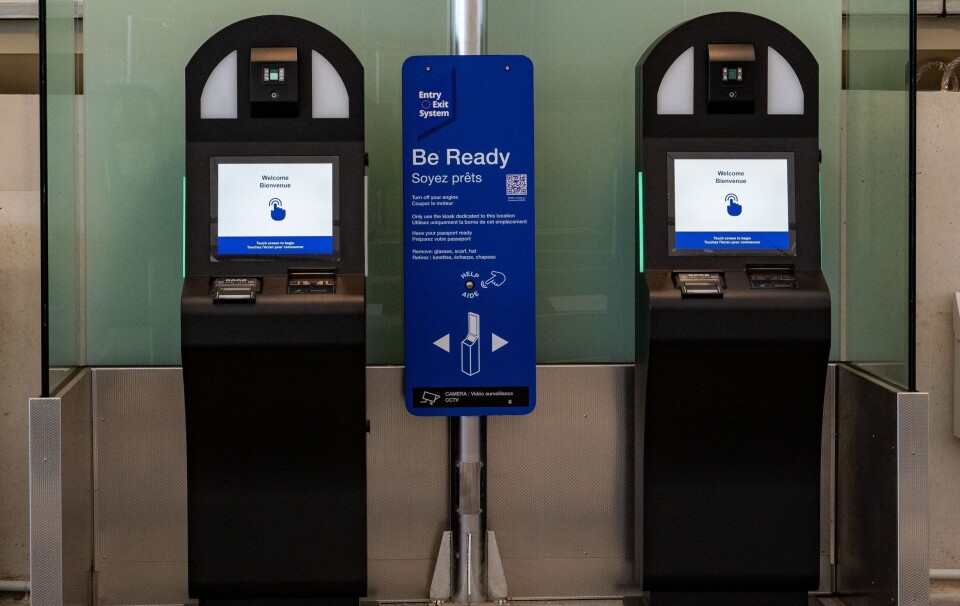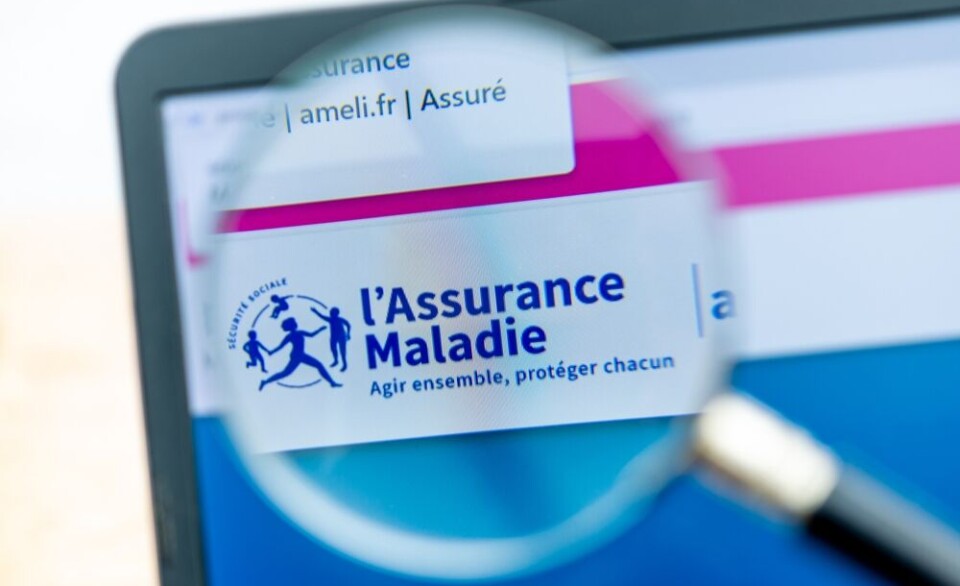-
Tour de France 2026 route revealed - does it pass near you?
Both the men’s and women’s races will begin outside of France
-
Manufacturer of vehicle used in Louvre burglary unveils new tongue-in-cheek ad
The company is drawing attention to its unexpected link with the high-profile theft
-
Most French departments on alert as Storm Benjamin arrives
Flooding and record gales recorded. Trains cancelled and parks and beaches closed
Your rights are secure even in a 'new' no-deal Brexit
Connexion continues to receive emails from readers concerned over on-going references to ‘no-deal’ in UK and international media and whether their health and pension rights are therefore at risk – here we explain why there is no reason to be worried.

Confusingly, some media refer to the possibility of a ‘no-deal Brexit’ at the end of this year – it is important to stress that this version of ‘no-deal’ refers to no trade and future relationship deal, not no deal on expatriates’ rights.
The latter are a key part of the Withdrawal Agreement (WA), which came into force on February 1 and is now an international treaty between the UK and EU with strong measures contained within it to enforce its application both for EU citizens in the UK and for British citizens living abroad in the EU.
The WA is the document that aims to make an ‘orderly’ Brexit possible, by securing the main ‘citizens’ rights’ for those who have been exercising their free movement as EU citizens, by agreeing for the UK to settle its bills with the EU and by putting in place arrangements for the Ireland/Northern Ireland border.
It contains a miscellany of other items, for example agreeing to continue to respect existing protections of foods and drinks that have EU quality and geographical labels (ie. guaranteeing that a British-made cheese cannot be called Cantal or Morbier, or that Cornish pasties may not be so-called if made in France…).
It also provides the legal basis for the transition period – the current phase, during which for most purposes nothing will change, and which will last as a minimum to the end of this year. An extension of up to two years is possible, but must be agreed by the parties by the end of June 2020 at the latest.
However it contains nothing on trade, security and defence cooperation, the UK’s future participation in Erasmus, continuation of flights between the UK and EU and so on – these, and many other areas, remain to be finalised during the ‘future relationship’ talks.
These are to start early next month once both sides have finalised their negotiating objectives this month.
As regards expatriate’s rights, the WA protects these for Britons who are settled in another EU country such as France before the end of the transition period.
Britons’ rights will no longer be identical – for example they cannot vote or stand in next month’s local elections – but key matters like state pension uprating and the right for British pensioners to continue having their French healthcare paid for by the UK, remain in place.
This table below relates to existing Britons resident in France and those who come before the end of this year:
(Note that where we say the WA guarantees right of residency and work etc, this is however dependent on people applying for a new 'Brexit deal' residency card by six months after the transition period at the latest, and obtaining this card; the deal says the process should be simple.)
In practice it is intended that in key areas of life nothing will change for these Britons – they will continue to make use of their S1 health forms and Cartes Vitales.
On pensions, those covered by the WA will continue to benefit from aggregation (taking into account) of periods worked in both the UK and EU, and people who are not yet pensioners but have paid into National Insurance in expectation of a pension, will have the same benefits as current claimants.
Rights of Britons coming after the transition period are however not covered by the deal and remain to be clarified, as do certain areas not protected by the WA such as the continuing right for Britons in France to live and work in other EU states apart from France.
Even the British government is reportedly tired of hearing the term ‘no-deal’, and even the word ‘Brexit’.
The Guardian said Downing Street recently issued a memo to Foreign Office staff telling them “no not use phrases such as deal/no deal”.
The note added: “Brexit is completed. So do not use the term ‘Brexit’, save as a historical event that took place on 31 January 2020.”
Stay informed:
Sign up to our free weekly e-newsletter
Subscribe to access all our online articles and receive our printed monthly newspaper The Connexion at your home. News analysis, features and practical help for English-speakers in France
























